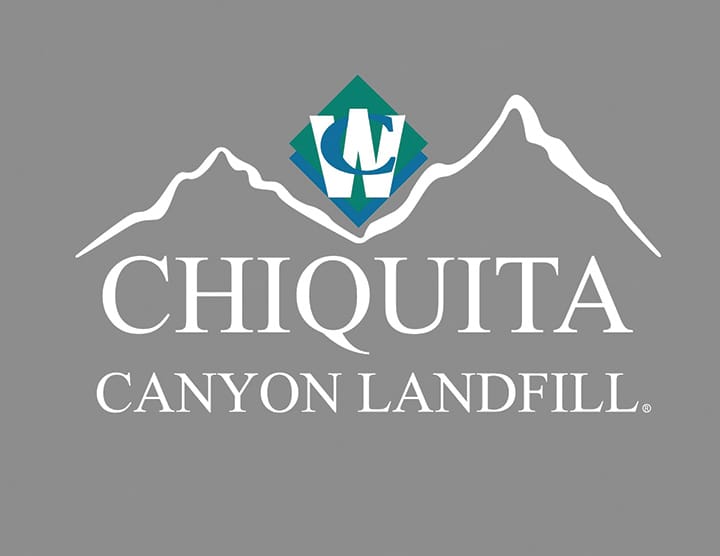Within the last few days, we have had presented to us the 5-4 vote decision of the California State Reparations Commission that whatever reparations package of outcomes the Commission finally decides on sometime next year will only apply to African-Americans who can demonstrate that they are related by ancestry to an African enslaved in America, or African-Americans who lived in America before the 13th amendment was issued.
This decision, enthusiastically urged by the members of the California-based group, ADOS (African Descendants of Slaves) is not a historically logical decision, and it is one that will be severely challenged. But that is the topic of next week’s article.
By the way, the local Los Angeles City Reparations Commission, created amid big fanfare a few months ago to show parity with the state commission, seems to be moribund. It has neither said anything nor done anything regarding this issue.
One has to wonder, was the creation of the L.A. Commission only a publicity ploy? It has made no comment or work report since its conception. Citizens who inquire cannot even find where and when it meets.
This week, instead, we will look at one other very significant ancestral development in the reparations story. A few years ago, as noted in this column and in various news sources across the U.S., the prestigious Georgetown University in Washington, D.C., one of the most famous institutes of higher learning in the country, was discovered to have been funded by its previous ownership of slaves.
In fact, it had been discovered that the Catholic Jesuits who owned and operated the university during the days of antebellum slavery, had been for a time in severe financial distress that could have bankrupted the university. To save themselves and the institution, the Jesuits in charge of the school decided to sell some of the slaves owned by the order. They did and the ploy worked.
Enough money was raised in the sale of over 400 of their slaves to solve Georgetown’s financial crisis, and the school survived and grew into the contemporary age.
There was, of course, a modern reckoning of sorts after student researchers found out about that slave sale history and the plantations the school Jesuits owned. Buildings on campus were renamed, new scholarships were promised, new academic programs were developed, and new faculty-community-student discussion groups started meeting.
Based on how other Ivy League schools had handled their own reckonings over slavery, most people assumed that was about as far as Georgetown’s administration was going to go.
We were all pleasantly wrong. As announced a few days ago (in March), the Jesuit Order of Catholics in the U.S. just pledged to raise over $100 million dollars to atone for their involvement in owning and selling slaves in the U.S. They put an initial $15 million dollars in the bank to start the fund.
This represents the largest such private effort thus far in the country related to the slavery reparations issue. It demonstrates that the Jesuit Catholics are very serious at showing contrition and seeking forgiveness for wallowing and profiting in America’s original sin.
As yet, the other network of plans that must accompany this development have not yet been formulated, but reparations groups in the area are now engaged. There was already the establishment at Georgetown of a group assigned to identify the living members of the families descended from the slaves who were sold. The monetary pledge will expand the work of that group and generate the creation of other working entities.
Reparations is not and will not just be about money, but the Georgetown plan is a tremendous push forward.
Professor David L. Horne is founder and executive director of PAPPEI, the Pan African Public Policy and Ethical Institute, which is a new 501(c)(3) pending community-based organization or non-governmental organization (NGO). It is the stepparent organization for the California Black Think Tank which still operates and which meets every fourth Friday.
DISCLAIMER: The beliefs and viewpoints expressed in opinion pieces, letters to the editor, by columnists and/or contributing writers are not necessarily those of OurWeekly.




